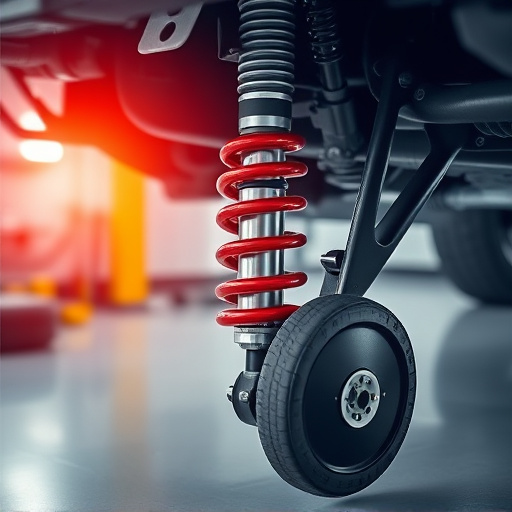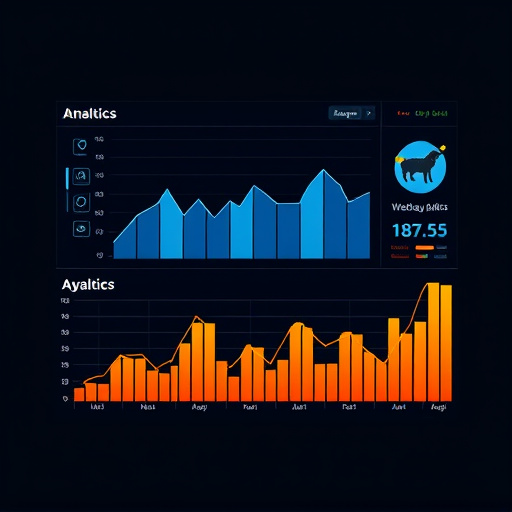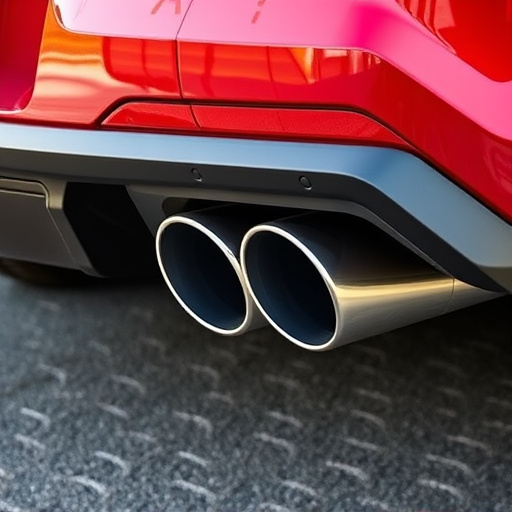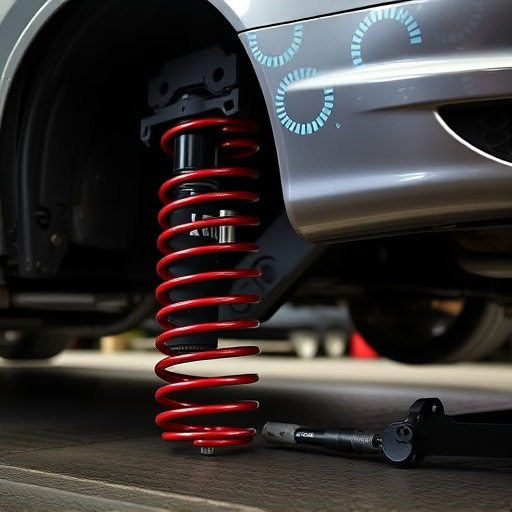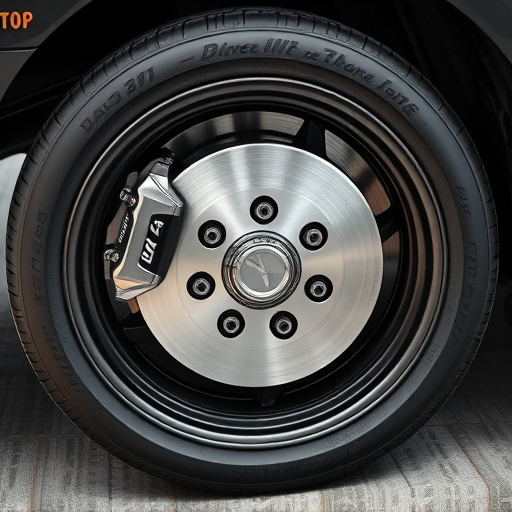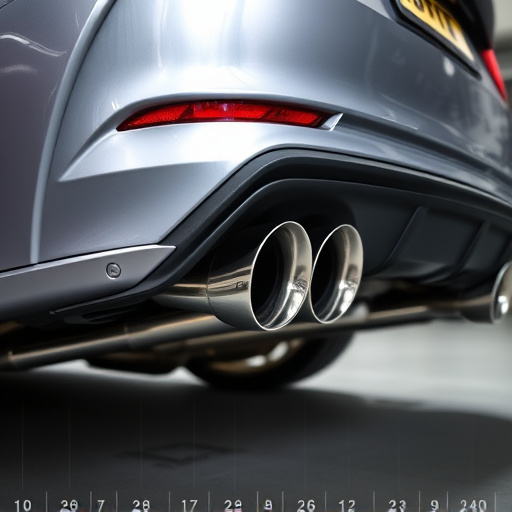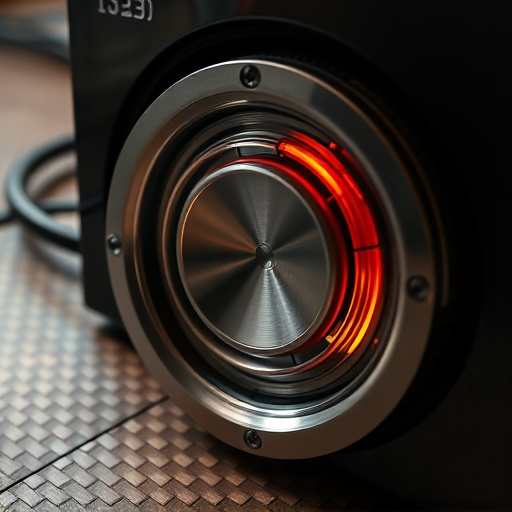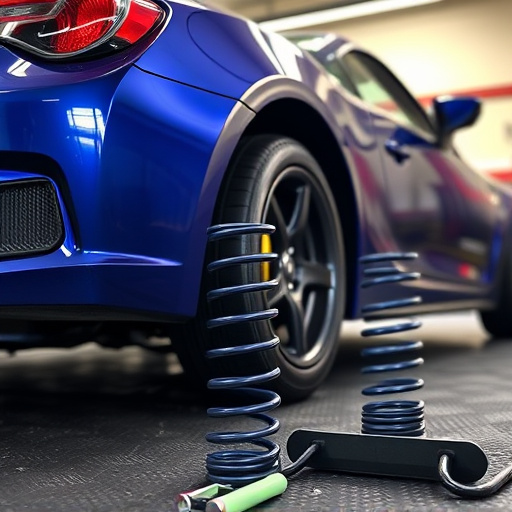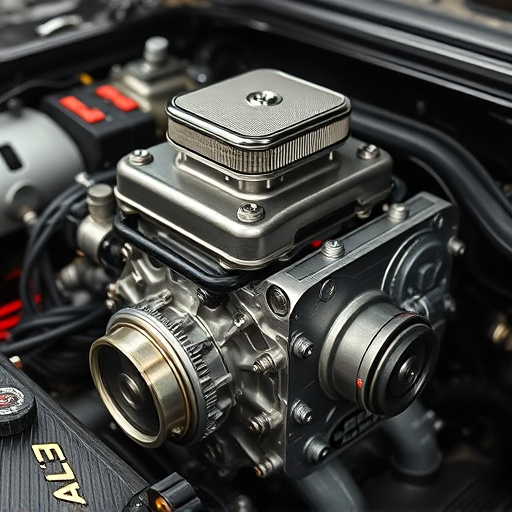An adjustable suspension system (ASS) is a complex mechanism enhancing vehicle performance, handling, and comfort. It includes parts like shock absorbers, struts, springs, and camber plates for precise control over ride height, stiffness, and damping. ASS benefits include better cornering, reduced body roll, smoother rides, improved engine performance, and enhanced brake cooling. However, costs vary widely based on engineering, customization, installation, and component quality. Budgeting should consider both initial expenses and long-term costs, with options ranging from high-end custom setups to more affordable kits and used parts.
“Uncover the cost behind the innovation—adjustable suspension systems. These advanced mechanisms transform your ride, offering enhanced control and comfort. In this comprehensive guide, we’ll break down the pricing of these systems, exploring various components and benefits that contribute to their cost. From spring rates to damping controls, understand the factors influencing prices. We’ll also navigate budget-friendly alternatives, ensuring you find the perfect adjustable suspension solution for your vehicle without breaking the bank.”
- Understanding Adjustable Suspension Systems: Components and Benefits
- Cost Factors: Influencing the Price of an Adjustable Suspension System
- Budgeting and Alternatives: Finding the Right Fit for Your Vehicle
Understanding Adjustable Suspension Systems: Components and Benefits
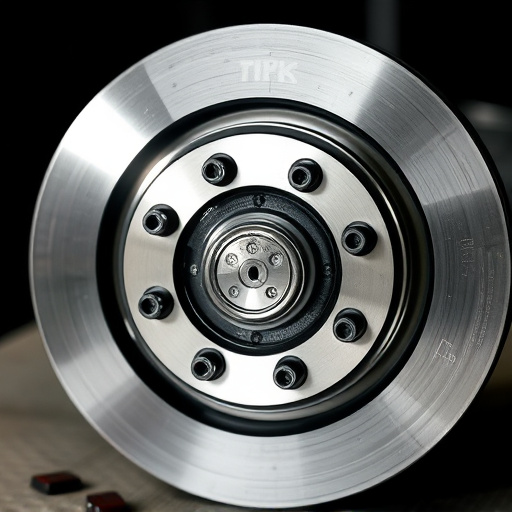
An adjustable suspension system is a sophisticated mechanism designed to enhance vehicle handling and performance. It consists of several key components working in harmony to allow for precise control over ride height, spring stiffness, and damping. These include shock absorbers, struts, coil springs, and various tuning components like camber plates or adjusters. By allowing drivers to fine-tune these settings, an adjustable suspension system offers a range of benefits tailored to different driving styles and conditions.
For car enthusiasts seeking improved cornering precision, reduced body roll, and a smoother ride, these systems are invaluable. They enable the installation of performance air filters and cold air intakes, enhancing engine performance while also providing better brake component cooling. Moreover, adjustable suspensions offer versatility, as users can easily configure settings for off-road adventures or track days, ensuring optimal control in various terrains.
Cost Factors: Influencing the Price of an Adjustable Suspension System
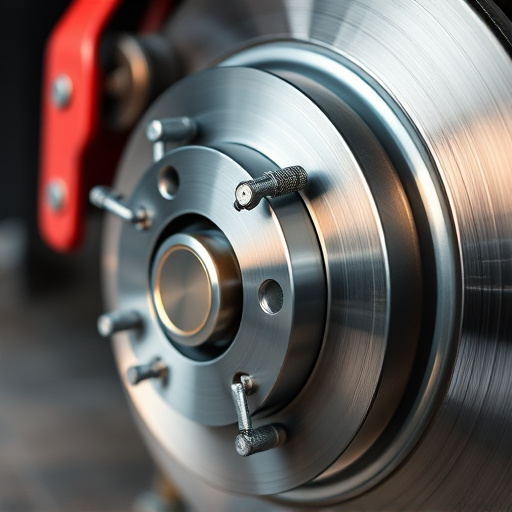
The cost of an adjustable suspension system can vary significantly based on several factors. First, adjustable suspension systems often come with a premium compared to standard shocks and springs due to their advanced engineering and customizable features. These systems allow drivers to fine-tune vehicle performance for optimal handling, comfort, or fuel efficiency, making them popular among car enthusiasts and those seeking enhanced driving dynamics.
Second, the complexity of installation plays a significant role in pricing. Systems that require specialized knowledge or extensive modifications may command higher prices due to labor costs and the need for experienced technicians. Additionally, high-performance cold air intakes and intake components, often paired with adjustable suspensions for optimal airflow, can add substantial cost. Even exhaust tips, while not directly related to suspension adjustments, may be included in the overall price depending on the package or options chosen by the manufacturer. Other considerations include brand reputation, available features, and market demand, all of which contribute to the varying prices of adjustable suspension systems.
Budgeting and Alternatives: Finding the Right Fit for Your Vehicle
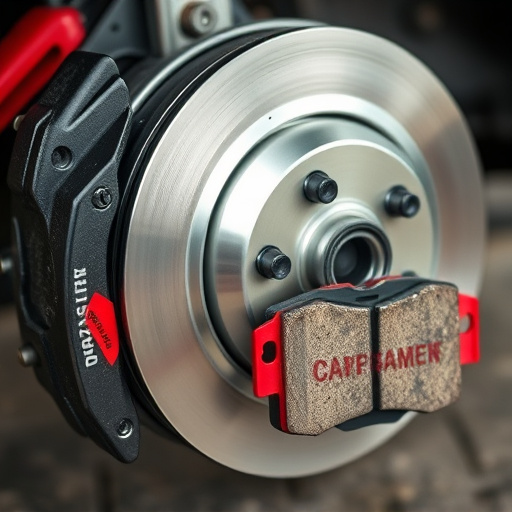
When budgeting for an adjustable suspension system, it’s essential to consider both upfront costs and long-term expenses. While high-end, custom setups can cost thousands of dollars, there are more affordable alternatives available. Many vehicle owners opt for kit upgrades that offer progressive spring systems or air-assisted shocks, which typically range from $500 to $1,500 depending on the make and model compatibility. These options allow for adjustments without breaking the bank.
Additionally, exploring used or remanufactured suspension components can further reduce costs. For instance, replacing a complete cat back exhaust system or upgrading brake rotors might be more budget-friendly than overhauling the entire suspension. By carefully evaluating your needs and considering these alternatives, you can find an adjustable suspension solution that aligns with your vehicle’s requirements and your financial goals.
When considering an adjustable suspension system, understanding both its benefits and cost factors is essential. Prices can vary widely based on brand, components, and customization options. Budgeting effectively allows you to find the perfect fit for your vehicle without exceeding your financial limits. Remember, investing in a quality system can enhance performance and safety, making it a worthwhile consideration for any car enthusiast.
